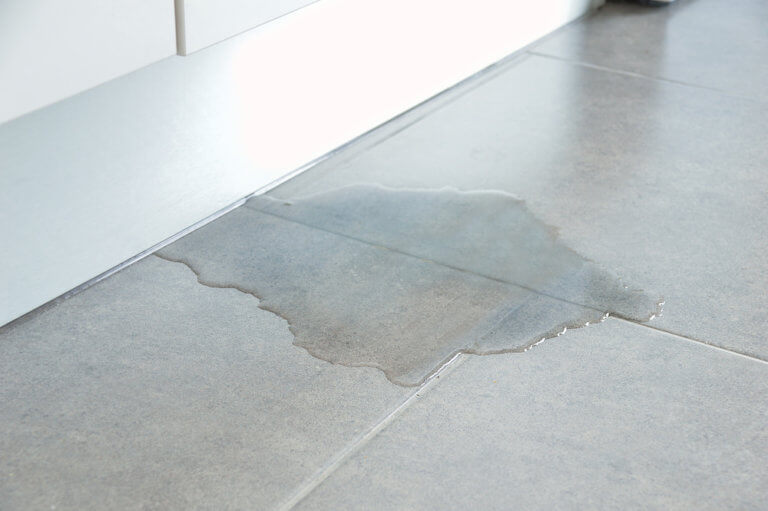As a homeowner, you know there are many moving parts to keep up with in order to maintain a functional home environment. An important element of maintaining comfort in your home is regulating the temperature inside, as outside temperatures rise and drop throughout the year. We are fortunate to live in a time where we have the technology of air conditioning units, which work to keep you cool in the warmer seasons. However, with the comfort and practicality of these units, sometimes come issues such as the unit leaking water
Signs your Air Conditioner is Leaking Water
There are many signs that your air conditioner is leaking fluid- which is actually water. Some are obvious, such as visible dripping from the unit. But keep in mind that there are other, less obvious indicators that your unit may be suffering from a leak. Below is a list of common signs that your unit is experiencing a leak:
- Water is dripping from the unit
- Pools of water gather under the unit frequently
- Ice is forming on various parts of the unit during periods of cold weather
- Hissing sounds are coming from your unit
- You have higher electricity bills without higher or unusual use of the unit
- Air is not blowing properly from your unit
- There is a loss of cooling power in your unit, making your home warm despite manually lowering the temperature
Any of these signs, alone or combined, indicate a problem with your AC. They should not be ignored, as leakage is often a byproduct of a greater issue.
Common Causes of Air Conditioner Leaks
Your AC unit is a complex machine, with many working parts that must be maintained and monitored throughout the year. When you notice your air conditioner is leaking water, there are a variety of factors that could be causing the leak:
- Clogged Condensate Drain Line: When your drain line gets clogged with dirt, dust, mold or other materials, water can get backed up and leak through the unit’s outer layer. A clogged condensate drain line is the most common cause of water leakage from AC units.
- Damaged or Rusted Drain Pan: If you have an older AC unit, your drain pan may be rusted or even damaged, allowing water to escape and enter your home. AC units that are 10-12 years or older often have this issue.
- Broken Condensate Pump: The condensate pump is an important component of AC units that are installed in the basements. This pump moves the excess water outdoors, keeping your home dry. However, if the pump breaks or is malfunctioning, the water will stop being pumped outside and will gather inside of the unit.
- Dirty Air Filter: When your air filter is too dirty, it can block airflow over the evaporator coil of your AC unit. This causes the evaporator coil to become too cold and freeze over. Eventually, the ice on the coil will melt and cause dripping of water into your home.
- Low Refrigerant: A lack of refrigerant in your system can cause a lower pressure inside of your unit. The lower pressure also makes your evaporator coil freeze over, causing a major leak when the coil unfreezes and overflows the drain pan.

What should I do if I notice my AC is leaking Water?
If you have noticed your air conditioner is leaking water, or if it displays any of the warning signs listed above, the next step is to call a certified HVAC technician. Waiting to take action, or assuming the problem will “fix itself” will cause further damage to your unit. This damage can lead to untimely breakdowns and more costly repairs down the road as other parts of the unit become affected. Leakage from your AC unit can cause major problems, so when you are unsure if your system is working correctly, the best option is to have a technician check it out as soon as possible.
Contact your local TemperaturePro Today!
As professional HVAC contractors, TemperaturePro is proud to offer a full range of central home heating and cooling services throughout the country. Our certified HVAC technicians will arrive promptly, providing easy to understand explanations of why your unit leaking water or not functioning correctly. Our experts will talk you through the options and help you choose the best possible solution for your needs. TemperaturePro also provides a 24-hour emergency repair service, should your air conditioner break down in unfavorable conditions. Contact your local TemperaturePro today for all of your HVAC needs!




